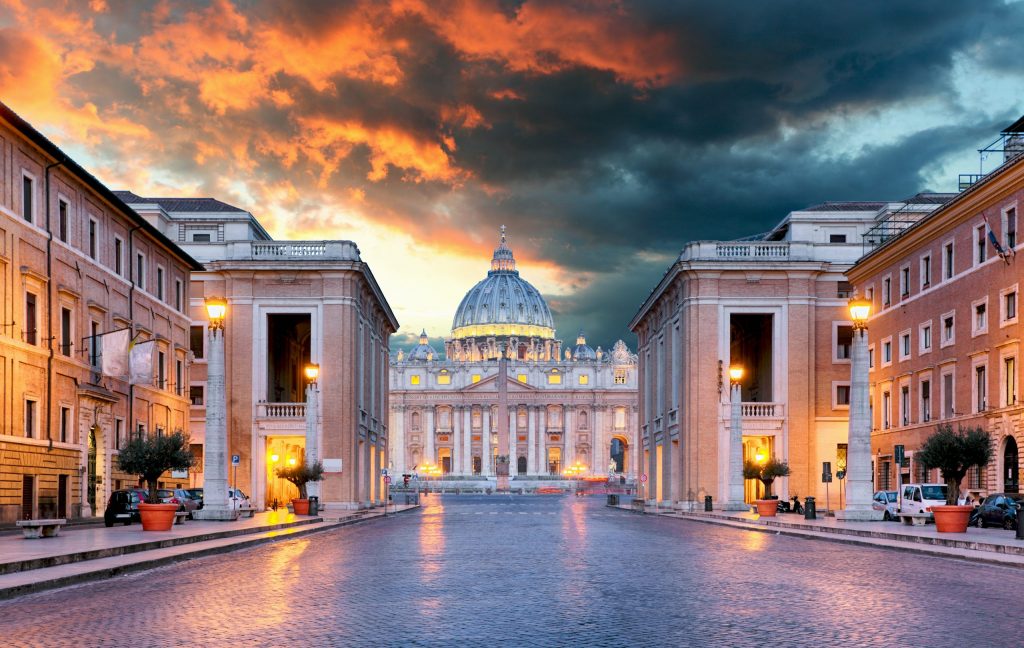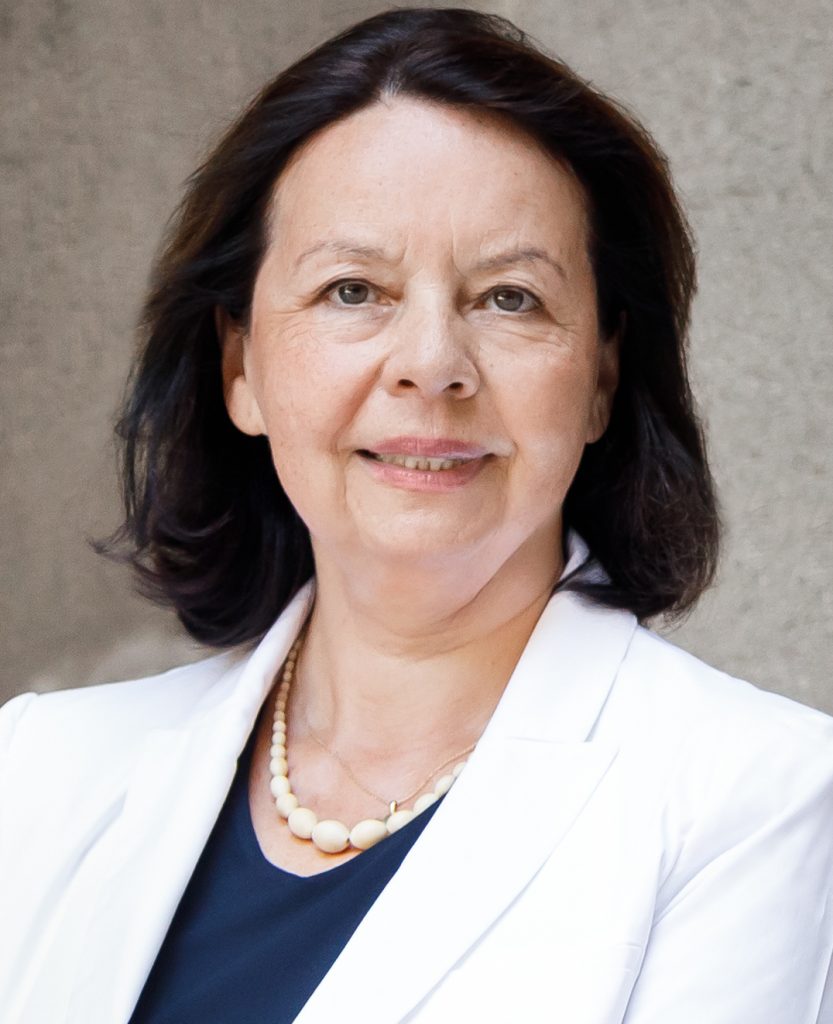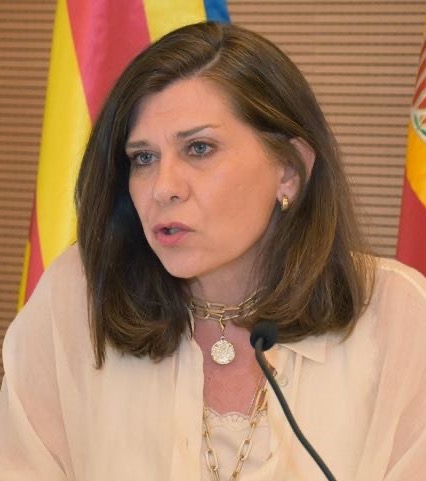Infinite, Finite, and Definite Dignity: Reflections on the Catholic Church’s Dignitas Infinita

In April 2024, the Dicastery for the Doctrine of the Faith (the Holy See’s institution responsible for the religious discipline of the Catholic Church) published the declaration Dignitas Infinita. The document contributes to the theological argumentation of human dignity as an ontological feature of every human being and clarifies the teachings of the Catholic Church on dignity-related issues, including those traditionally the subject of the Holy See’s focus (such as family ethics, poverty, and war) and those that are virtually new (such as human dignity and digital technologies).


